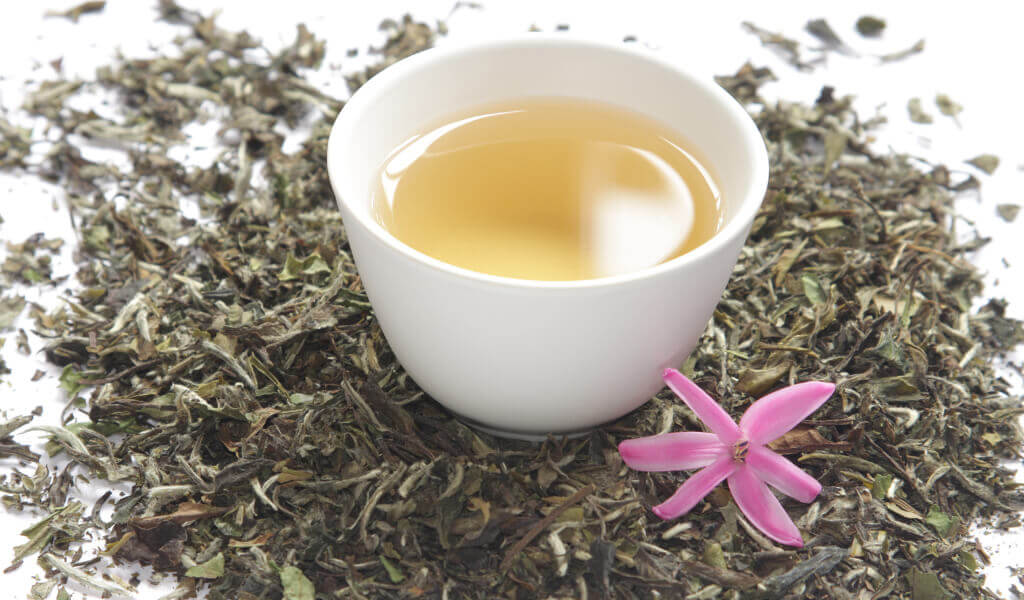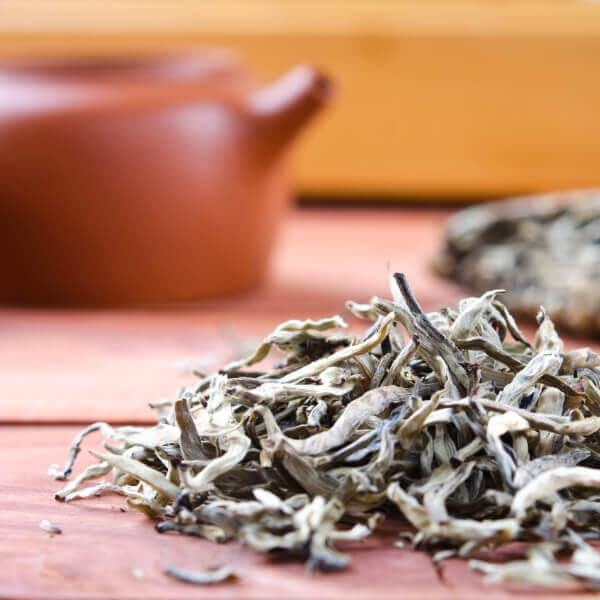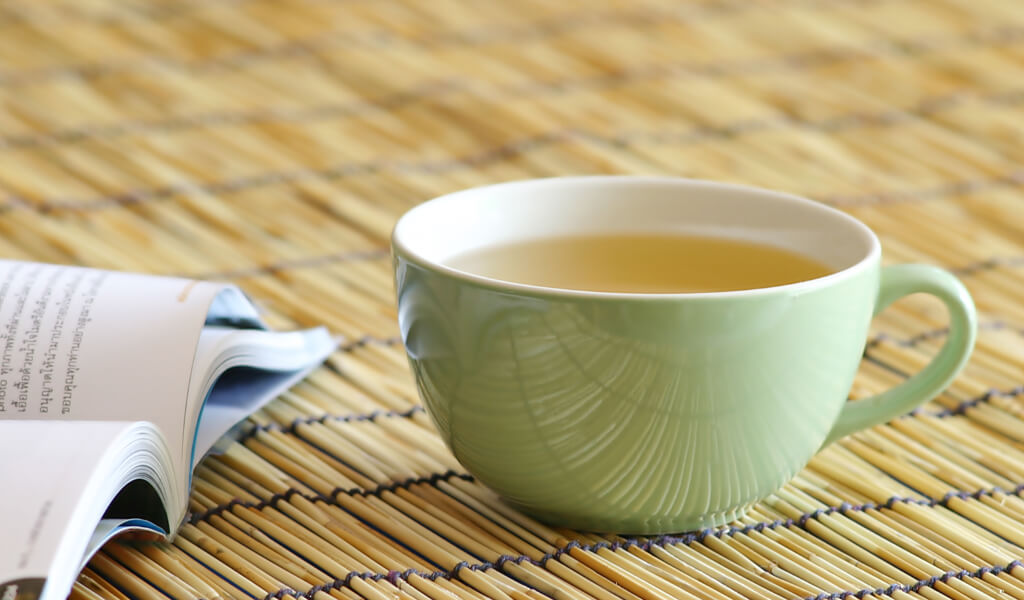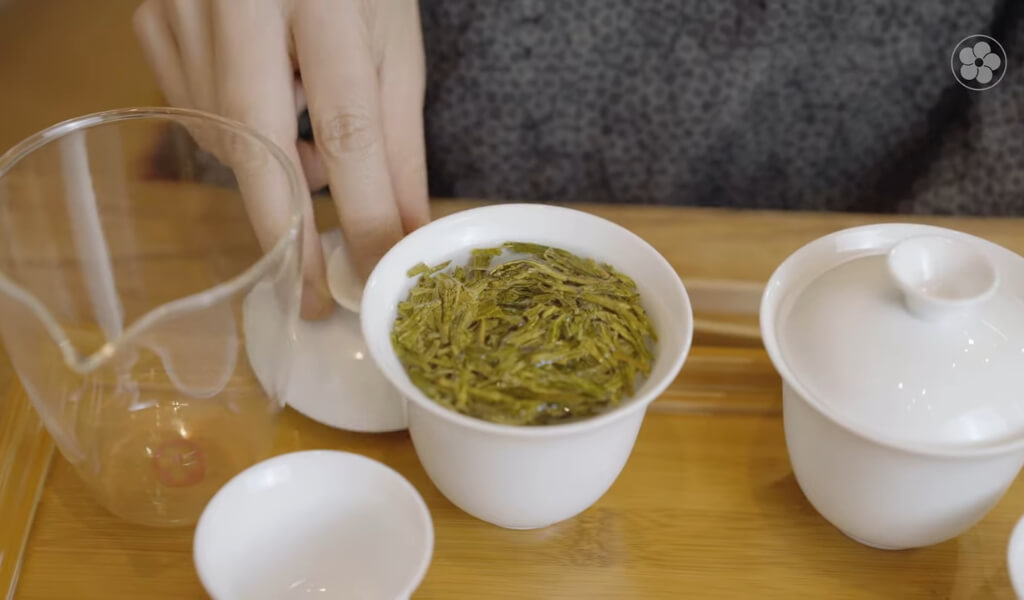Have you ever wondered about the Caffeine content of different foods besides Coffee? Just does white tea have caffeine? In the following article, I will detail it for you.
Did you know that in addition to java, we find caffeine in White Tea? Though its content is lower than the contribution of different drinks, it is crucial to consider if you need to decrease its intake.
Quotes of tea with You
“if you’re going to drink a cup of tea, why not take every care to maximize the pleasure?”
― Gail Honeyman, Eleanor Oliphant Is Completely Fine
Does white tea have caffeine?
Yes, except for fruit and herbal infusions, all types of tea have Caffeine because they are derived from the Camellia Sinensis plant. A 250ml White Tea typically contains approximately 6-75mg of Caffeine.
How much caffeine in white tea?
Except for fruit and herbal infusions, all types of tea contain Caffeine as they are derived from the Same plant, Camellia sinensis. White Tea typically contains approximately 6 –75mg of Caffeine per cup.
For instance, whole-leaf tea contains less Caffeine than tea bags, and white teas from certain regions, like Fujian, China, typically have lower Caffeine levels.
While not completely caffeine-free, decaffeinated White Tea generally contains significantly lower Caffeine levels than its regular counterparts.
Drawing from my learning, let’s explore the factors that impact the caffeine levels in White Tea.
Factors That Influence Caffeine Content in White Tea
It’s critical to realize that a variety of things might affect the quantity of caffeine in your cup as we go more into White Tea and its Caffeine level.
| Element | Paraphrase |
| Type of White Tea |
Whole-leaf white tea has less caffeine compared to tea bags due to larger leaves. Consider brewing whole-leaf tea to reduce Caffeine intake.
|
| Tea Origin |
White teas from Fujian, China, have lower caffeine levels due to specific tea plants. Check origin when shopping to manage Caffeine intake.
|
| Tea Blends |
Blended White Tea (with herbs, other teas) has less Caffeine, but watch for green tea blends that increase Caffeine.
|
| Tippy Teas & Harvest Time |
Young tea buds (“tips”) are higher in Caffeine than older leaves. Spring-harvest teas have more Caffeine than late-harvest ones. Consider harvest time.
|
Role of the Type of White Tea: Whole-Leaf Tea vs Tea Bags
Firstly, let’s discuss the type of White Tea you’re using. Whole-leaf tea typically contains less Caffeine than tea bags.
Tea bags often contain smaller pieces of the tea leaf, which release caffeine more quickly when steeped. So, if you’re looking to reduce your Caffeine intake, you might want to consider brewing whole-leaf White Tea instead.
Influence of the Tea’s Origin
Interestingly, white teas from Fujian, China, are often lower in Caffeine than those from other regions.
This is because they are usually made from specific tea plants used in the original studies on White Tea and Caffeine. So, when shopping for white tea, consider checking the origin to help manage your Caffeine intake.
Impact of Tea Blends on Caffeine Content
When White Tea is mixed with herbs or other types of tea, it usually has less caffeine than pure White Tea. However, be cautious when blends include Green tea or other Caffeinated teas, as they can raise the caffeine level in the white tea blend.
The Effect of “Tippy Teas” and Harvest Time on Caffeine Levels
Lastly, the harvest time of the tea can also affect the caffeine content of White Tea. Tea buds or “tips” are typically higher in Caffeine than older, more mature leaves.
This means that spring-harvest teas are often higher in caffeine than late-harvest teas.
How to Reduce the Caffeine Content in Your White Tea
If you’re like Me and looking for ways to enjoy the delightful flavors of white tea while keeping a lid on the Caffeine content, you’re in luck.
Best Brewing Practices for Lower Caffeine Content
A few tweaks can help keep the caffeine content in check when brewing white tea. Many people use fully boiling water to brew white tea or for over five minutes.
However, both of these practices can increase the level of Caffeine in your cup. Instead, consider using water that’s not fully boiling and brew for up to four or five minutes at most.
The Benefit of Re-Brewing Leaves to Reduce Caffeine
To lower your Caffeine intake when making white tea, try reusing the same tea leaves for multiple cups instead of using fresh leaves each time. Caffeine levels significantly decrease after the initial brew, allowing you to enjoy white tea with less caffeine.
The Option of Decaffeinated White Tea
If you’re very sensitive to caffeine or simply want to consume as little caffeine as possible, decaffeinated White Tea is a fantastic alternative. While decaf white tea still contains some caffeine, it is far less than other varieties of White Tea.
Remember to check the labels carefully to ensure you get a decaffeinated product.
By taking these steps, you can enjoy white tea’s unique flavors and white tea benefits, like weight loss, while managing its caffeine content to suit your personal preferences and needs.
Caffeine in white tea vs Other tea
Here’s a comparison of caffeine in White tea vs Green tea, Caffeine in White tea vs Decaf Coffee, and many others:
| Tea Type |
Average Caffeine Content per 8-oz Cup
|
| White Tea | 6-75 mg |
| Green Tea | 30-50 mg |
| Oolong Tea | 37-55 mg |
| Black Tea | 47 mg |
It’s crucial to remember that these numbers are averages and that the real Caffeine level might change based on the type of tea, the amount of time used to prepare it, and the temperature of the water.
White or Green tea may be an excellent option if you’re sensitive to caffeine or want to restrict your intake because they typically contain less Caffeine than Oolong and Black tea.
Some more questions:
Does white tea have less caffeine than green or black tea?
White tea generally has less Caffeine than Green and Black tea, but this can vary based on the specific teas compared.
How does matcha’s caffeine content compare to White Tea?
Matcha generally contains more Caffeine than white tea due to the unique way it’s processed and consumed.
Is the caffeine content in white tea higher than in herbal teas?
According to many brands of white tea, white tea generally has a higher caffeine content than herbal teas, which usually contain little Caffeine.
I’ve explored the caffeine levels in White tea and Coffee. Let’s compare!
How much caffeine is in White Tea vs coffee
There is both White tea Caffeine vs Coffee, varying in amounts. However, it’s noteworthy that a typical cup of Coffee generally contains more Caffeine than white tea. For instance, an 8-ounce serving of white tea holds between 6 and 75 milligrams of caffeine. On the other hand, the same serving size of brewed coffee packs an average of 95 milligrams of caffeine.
Conclusion
In conclusion, it is evident that for both tea lovers and health enthusiasts, knowing “Does White tea have caffeine” is essential.
We have looked at the nuances of making white tea, how it differs from other types of tea, and how brewing Methods can affect how much Caffeine is present.
The caffeine in White tea can be both a boon and a concern, depending on your consumption habits. I hope this guide has shed light on this delicate and refreshing beverage.
If you found this information helpful, I’d be thrilled if you could share it with other tea lovers. Thanks for joining me on this exploration, and here’s to many enjoyable tea-drinking experiences ahead!
Thanks for spiriteadrinks.com
FAQs
Does Trader Joe’s Pomegranate White Tea have caffeine?
Yes, Trader Joe’s Pomegranate White Tea does contain Caffeine. According to Caffeine Informer, a Trader Joe’s Pomegranate White Tea can contain approximately 32 mg of caffeine.
Will white tea keep you awake?
Like other types of tea, such as black and green, the white tea shot recipe contains caffeine that occurs naturally. This caffeine can keep you awake, especially if consumed in large quantities or near bedtime.
Which has less caffeine, white or black tea?
Black tea generally contains more caffeine than white tea. The amount of caffeine in Black tea can range between 64 and 112 milligrams per 8-fluid-ounce serving, significantly higher than the average Caffeine content in white tea3.
Can I reduce the caffeine content in white tea by changing my brewing technique?
Yes, you can reduce the caffeine content in white tea by altering your brewing technique. To decrease caffeine levels, use cooler water (around 175°F or 80°C) and shorter steeping times. Caffeine is more soluble in hotter water and is extracted during longer steeping, so adjusting these factors can help make your white tea less caffeinated.
Is white tea caffeinated harmful?
White tea, when consumed in moderation, is not typically considered harmful due to its lower caffeine content compared to other teas. However, excessive consumption can lead to potential health issues related to caffeine intake, such as insomnia, nervousness, or digestive problems.
Can I decaffeinate White tea at home?
While you can’t completely decaffeinate white tea at home, you can reduce its caffeine content to some extent by using the aforementioned cooler water and shorter steeping times.
How much white tea should I consume to stay within safe caffeine limits?
To stay within safe caffeine limits, it’s advisable to consume no more than 200-400 milligrams of caffeine per day, depending on individual tolerance. White tea generally contains lower caffeine levels than other teas, so moderate consumption, such as 2-3 cups per day, should keep you within safe limits.
Does the caffeine in white tea have any effects on metabolism?
The caffeine in white tea can have mild effects on metabolism by increasing alertness and energy expenditure, but these effects are generally modest compared to higher-caffeine beverages like coffee.
Does the caffeine in white tea contribute to its flavor profile?
Yes, the caffeine in white tea contributes to its flavor profile by providing a mild, stimulating quality to the tea. It can enhance the overall sensory experience by adding a subtle bitterness and alertness-boosting effect, complementing the tea’s delicate and nuanced flavors.
Caffeine in white tea vs coffee?
Green and white teas have a minor variation in caffeine content. A cup of white tea typically contains approximately 40% less caffeine than a cup of coffee.
I’m Shanna, creator of Spiritea Drinks. I’m all about teaching people to grow their own food, tea, cook what they harvest, and eat with the seasons.




